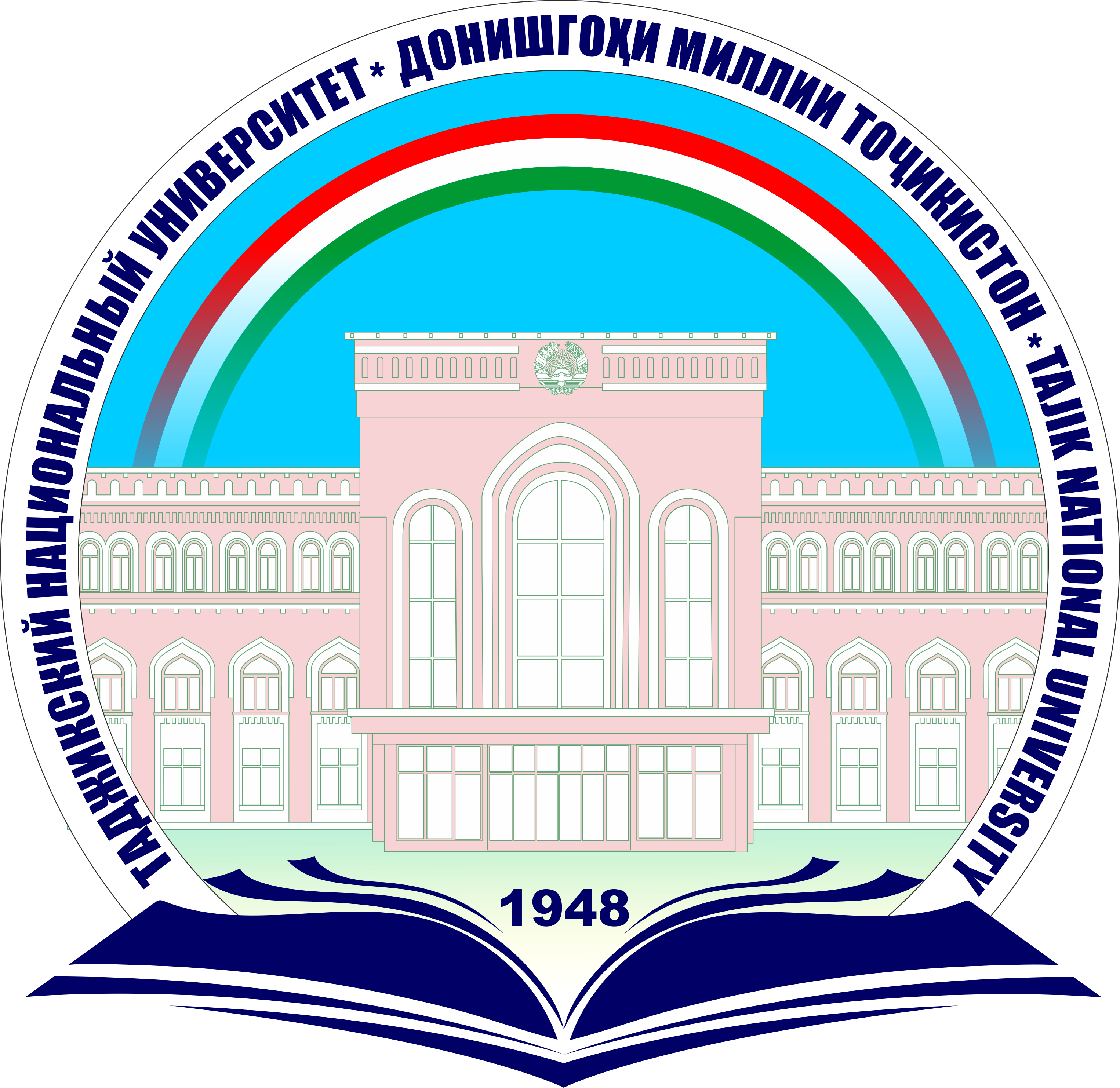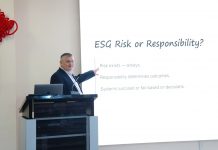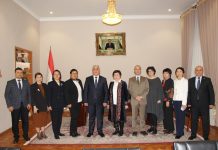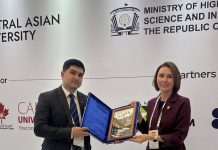The Founder of Peace and National Unity, Leader of the Nation, President of Tajikistan Emomali Rahmon met with heads of delegations taking part in the meeting of the 16th session of Security Council Secretaries of the Shanghai Cooperation Organization member nations.
The National Security Advisor to the Prime Minister of India Ajit Kumar Doval, the Assistant to the President and Security Council Secretary of Kazakhstan Asset Issekeshev, the Security Council Secretary of Kyrgyzstan Marat Imankulov, the Special assistant to the Prime Minister of Pakistan on national security Moeed W. Yusuf, the Security Council Secretary of Russia Nikolai Patrushev, the Security Council Secretary of Tajikistan Nasrullo Mahmoudzoda, Deputy Secretary of the National Security Council of Uzbekistan Bobur Usmanov and Director of the Executive Committee of the SCO Regional Anti-Terrorist Structure (RATS) Jumakhon Ghiyosov attended the meeting.
The item of the agenda were the Issues related to cooperation in jointly addressing threats posing by international terrorism, extremism, separatism, religious radicalism and transnational organized crime, including drug trafficking and arms smuggling.
President Emomali Rahmon noted that Tajikistan attaches the greatest importance to the meeting of the Security Council Secretaries of the Shanghai Cooperation Organization member nations.
It was noted that the SCO Regional Anti-Terrorist Structure could play an important role in providing regional security and strengthening ties between member states in countering modern threats and challenges.
While discussing the issues of cooperation between the SCO member nations in ensuring reliable information security and jointly combating cybercrime, they also touched upon on biological and food security amid the coronavirus pandemic.
A special attention was given the current political and military situation in Afghanistan and the alarming tendencies of its escalation.









